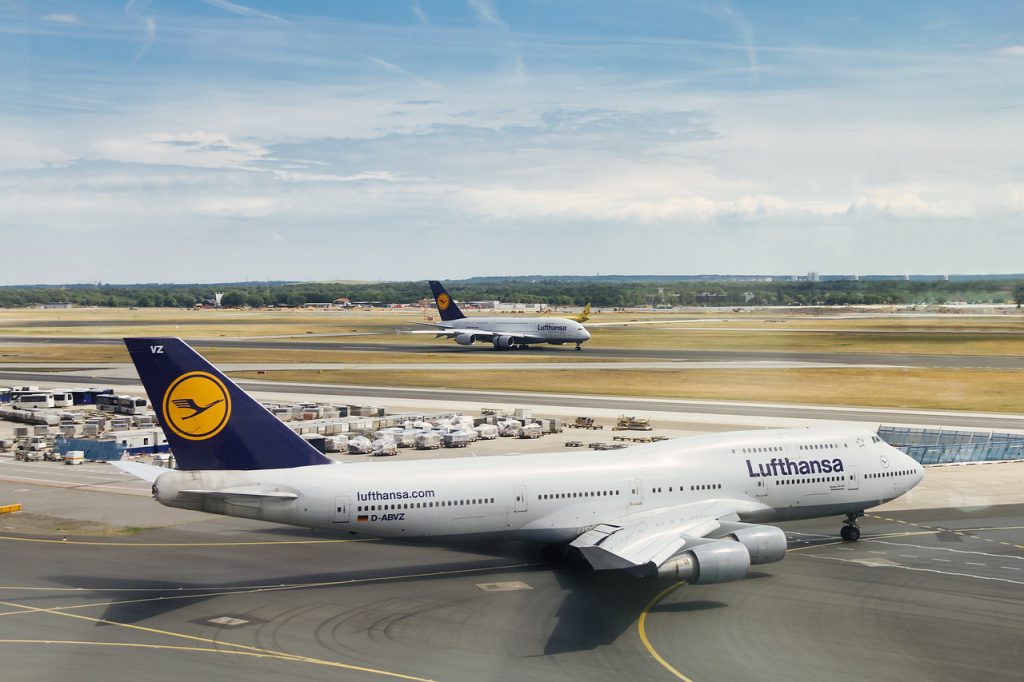Why the UK Has Banned Lufthansa Sustainability Adverts
German airline Lufthansa recently found itself in hot water with the UK advertising watchdog, after its sustainability-focused adverts were banned in the country. The Advertising Standards Authority (ASA) deemed the ads as “misleading,” as they appeared to suggest that the airline had made significant progress in reducing its carbon emissions. Let’s take a closer look at the reasons behind the UK’s ban on Lufthansa’s sustainability adverts.
The Context of the Advertisements:
Lufthansa’s adverts featured images of wind turbines and electric cars, alongside text that highlighted the airline’s efforts to reduce its carbon footprint. The ads also claimed that Lufthansa was the “most sustainable airline in the world,” based on a ranking by the Dow Jones Sustainability Index. However, the ASA found that this claim was misleading, as it did not reflect the actual carbon emissions of Lufthansa flights.
The Reason for the Ban:
The UK’s ban on Lufthansa’s sustainability adverts was based on the ASA’s conclusion that the ads were “misleading.” The watchdog found that the use of imagery related to renewable energy and electric cars gave the impression that Lufthansa was making significant progress in reducing its carbon emissions. However, the ASA noted that the airline’s carbon emissions had actually increased between 2018 and 2019. The watchdog also found that the claim of being the “most sustainable airline in the world” was not supported by evidence.
The Implications for Airlines and Advertisers:
The ban on Lufthansa’s sustainability adverts has implications for both airlines and advertisers. It highlights the importance of accurately communicating a company’s sustainability efforts and achievements, as misleading claims can damage the credibility of the brand. It also emphasizes the need for companies to back up their sustainability claims with verifiable evidence, as vague or unverified claims can lead to regulatory action.
The Importance of Transparency and Accurate Reporting:
Lufthansa’s banned adverts serve as a reminder of the importance of transparency and accurate reporting when it comes to sustainability. It is essential for companies to provide clear and verifiable information about their carbon emissions, sustainability initiatives, and progress towards meeting sustainability targets. This is particularly important for industries like aviation, which are responsible for a significant portion of global greenhouse gas emissions.
Conclusion:
The UK’s ban on Lufthansa’s sustainability adverts highlights the need for companies to accurately communicate their sustainability efforts and achievements. Vague or misleading claims can damage the credibility of a brand and lead to regulatory action. It is important for companies to provide transparent and verifiable information about their sustainability initiatives and progress, particularly in industries like aviation that have a significant impact on the environment.

